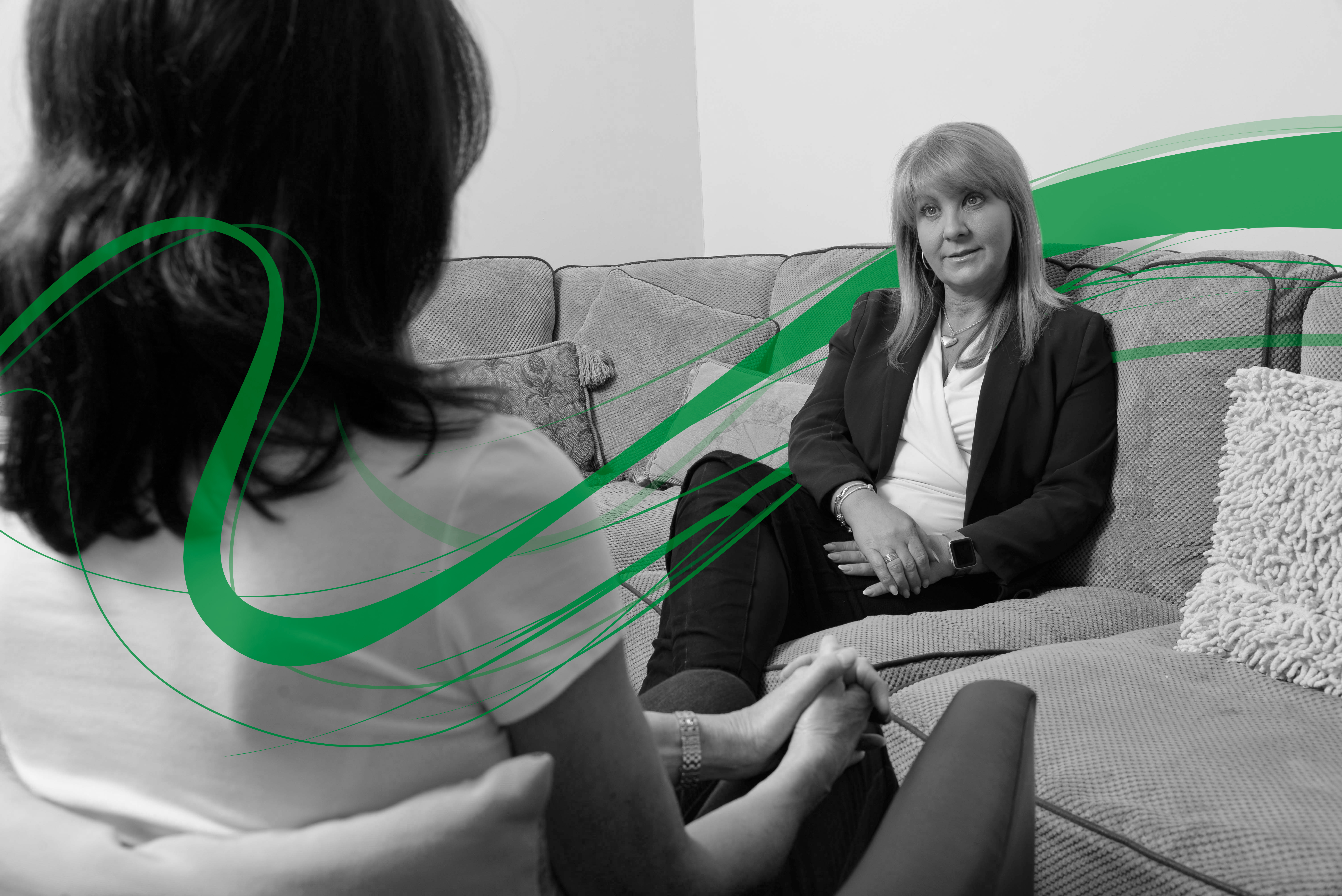by Staff writer
The Truth About… Cognitive Behavioural Therapy (CBT) and Menopause
Earlier this week, BBC 1’s documentary series ‘The Truth About…’ broadcasted their 28th episode, this time investigating the topic of the menopause, the lack of awareness around it and which treatments are most effective in reducing the harmful symptoms that it brings.
The episode addresses how the most commonly recognised symptoms of menopause are physical, including hot flushes, night sweats and osteoporosis. However, these are often accompanied with mental health issues such as anxiety and depression that are the result of the inherent hormone imbalance as well as the negative impact that stress from physical illness can cause on emotional wellbeing.
It’s possible for these symptoms to emerge up to ten years before the end of menstruation, the biological marker typically understood to indicate the beginning of menopause. As such, it can often be unclear as to why mental health problems are spontaneously developing so early, especially if they are doing so in the absence of any physical changes.
The most hotly debated topic on the programme centred on the implementation of Hormone Replacement Therapy (HRT), whereby medical oestrogen is prescribed to compensate for the deficit left in the wake of the menstrual cycle’s end. In some cases, the use of HRT can itself cause symptoms of anxiety or depression for those taking it.


 A section of the documentary that was of particular importance to the work that we do at JSA however, was a sequence in which a focus group of menopausal women engaged in a study run by Leeds Beckett university to determine how effective the use of Cognitive Behavioural Therapy (CBT) would be in remedying not only psychological symptoms, but the physiological ones as well.
A section of the documentary that was of particular importance to the work that we do at JSA however, was a sequence in which a focus group of menopausal women engaged in a study run by Leeds Beckett university to determine how effective the use of Cognitive Behavioural Therapy (CBT) would be in remedying not only psychological symptoms, but the physiological ones as well.
After engaging with professional therapeutic clinicians, the group were provided with techniques to practice outside of their sessions that would assist in regulating stress and anxiety, as well as identifying triggers for undesired symptoms and behaviours. The result of the study was a profound improvement in mood and emotional wellbeing, as well as a significant reduction in instances of hot flushes and night sweats.
This would suggest that there is an integrated relationship between adverse symptoms in body and mind that can both be ameliorated with targeted therapeutic intervention. It’s well observed in CBT that negative reactions to medical conditions can intensify their harmful effects. This is especially true for conditions that are so stigmatised in society. Feelings of embarrassment or shame solidify a vicious cycle of physical and mental illness.
Evidence shows that cycles such as these can be broken with clinical help. For more information about Cognitive Behavioural Therapy, please follow this link to read a more thorough disambiguation of what a course of CBT will entail.
For the full episode, follow this link to BBC Iplayer, where it will be hosted until the 26th of December 2018.


